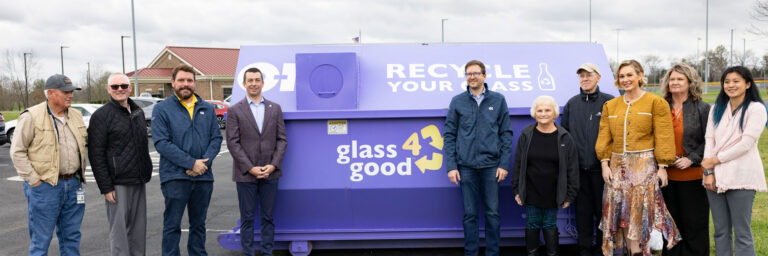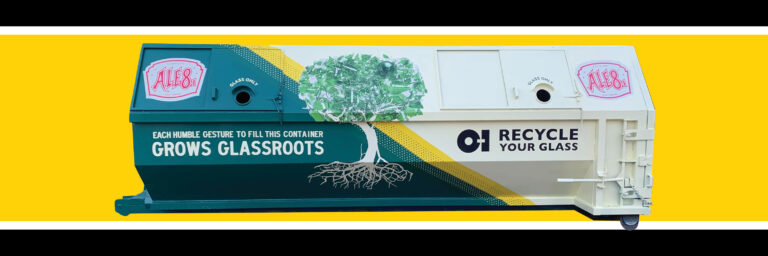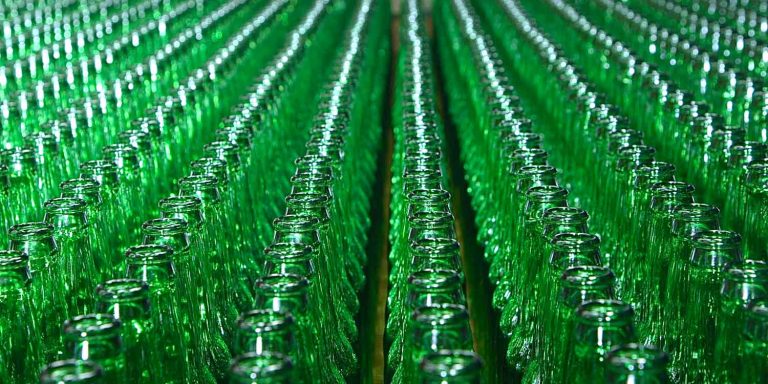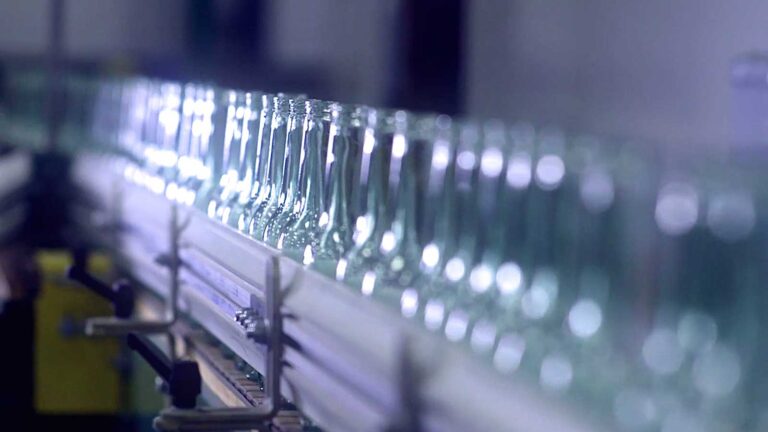The COVID-19 health crisis has left uncertain impacts on what was once normal routines. A trip to the grocery store is far different than it was a month ago. Hand-washing is no longer an afterthought. But people and cities may not be able to say the same about recycling, and that’s a dangerous precedent.
Health concerns around COVID-19 mean some waste haulers and municipalities have paused recycling. And as families adapt to unusual new routines, habits like recycling are taking a back seat.
Recycling isn’t just about making people feel good about doing their part. The ability to use recycled glass to create new glass is baked into the glass manufacturing process. If COVID-19 permanently damages recycling habits, it’ll have a domino effect on jobs, manufacturing, and the planet.
“If we allow COVID to damage our recycling and change our habits — which we could if we neglected it — the biggest crime we’d be committing is the one against nature,” says Randy Burns, vice president of Global Government Affairs at O-I Glass, Inc. “We would be effectively, on purpose, poorly managing our natural resources. We’d be one and done with practically everything we dig out of the ground to make anything that is constructed in this country in manufacturing processes.”
For the 50th anniversary of Earth Day, Randy Burns and Jim Nordmeyer, O-I’s vice president of sustainability, discuss why people and cities can’t stop recycling.
Note: The conversation was recorded with all participants in separate locations following social distancing recommendations.








